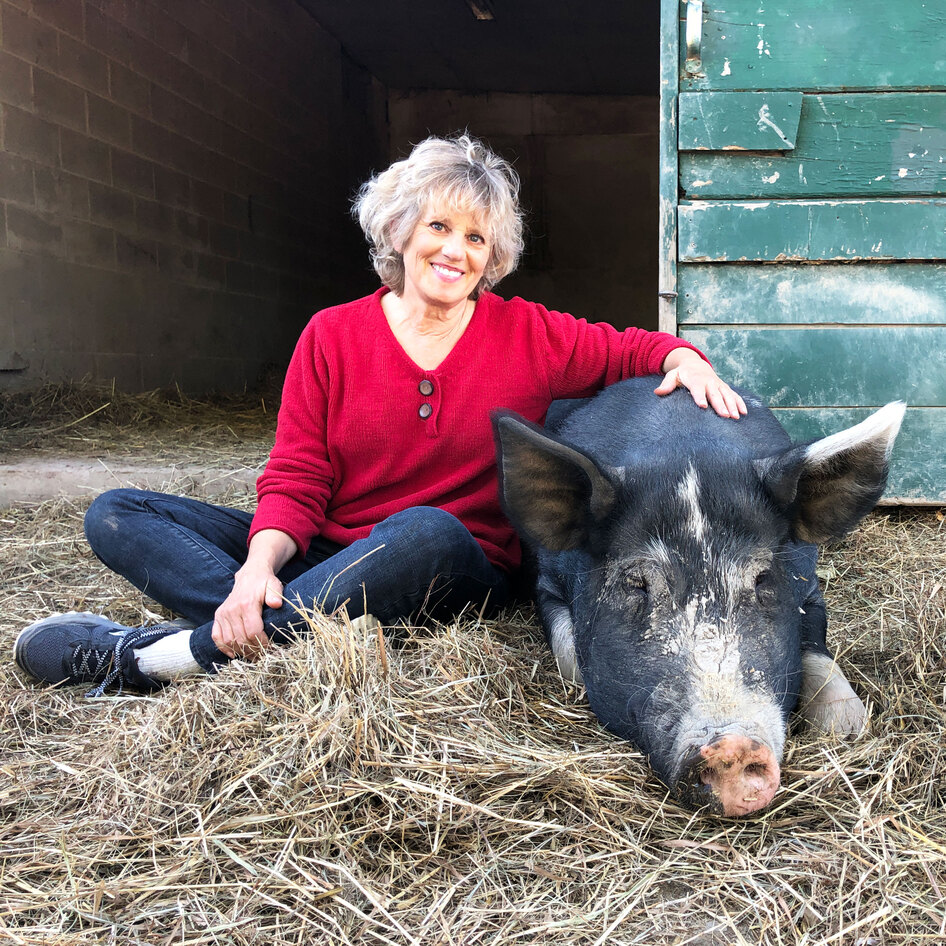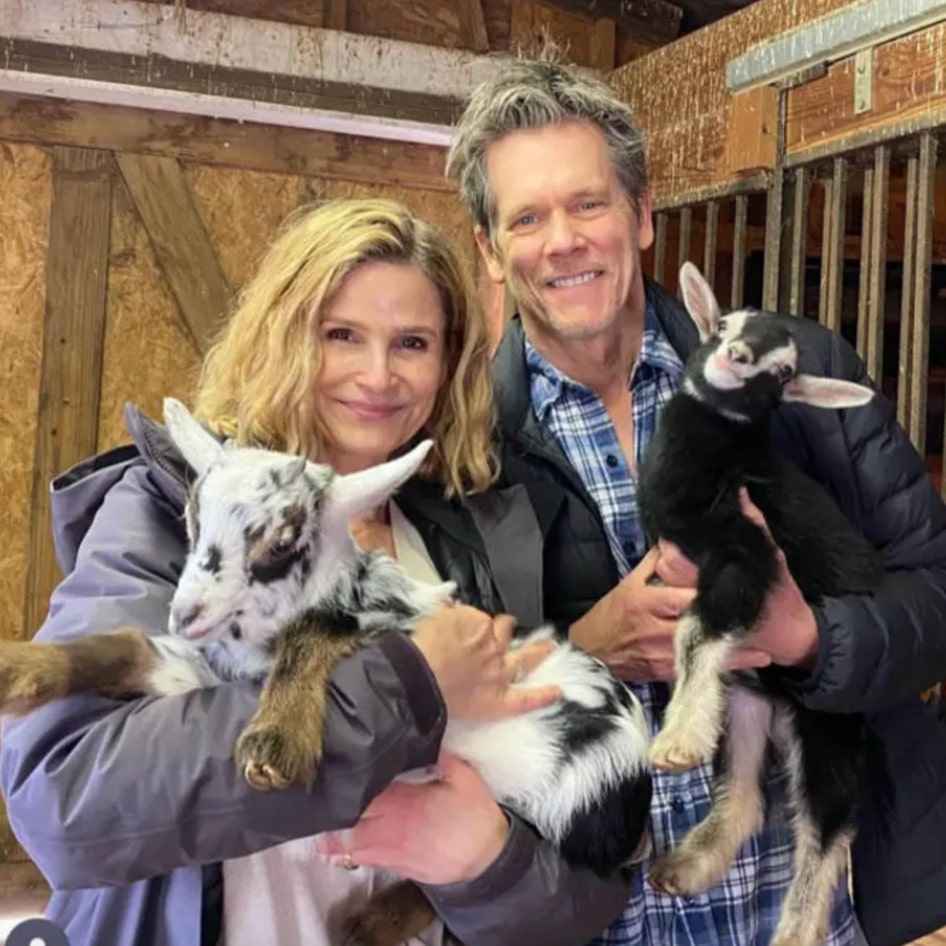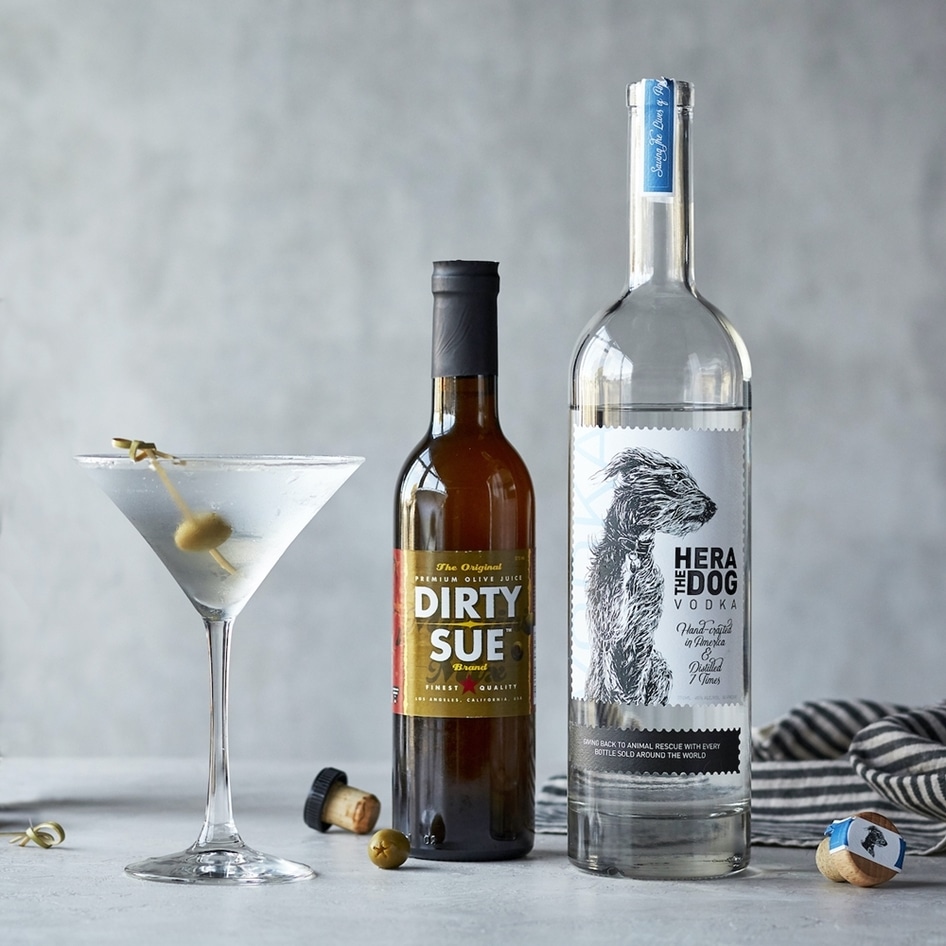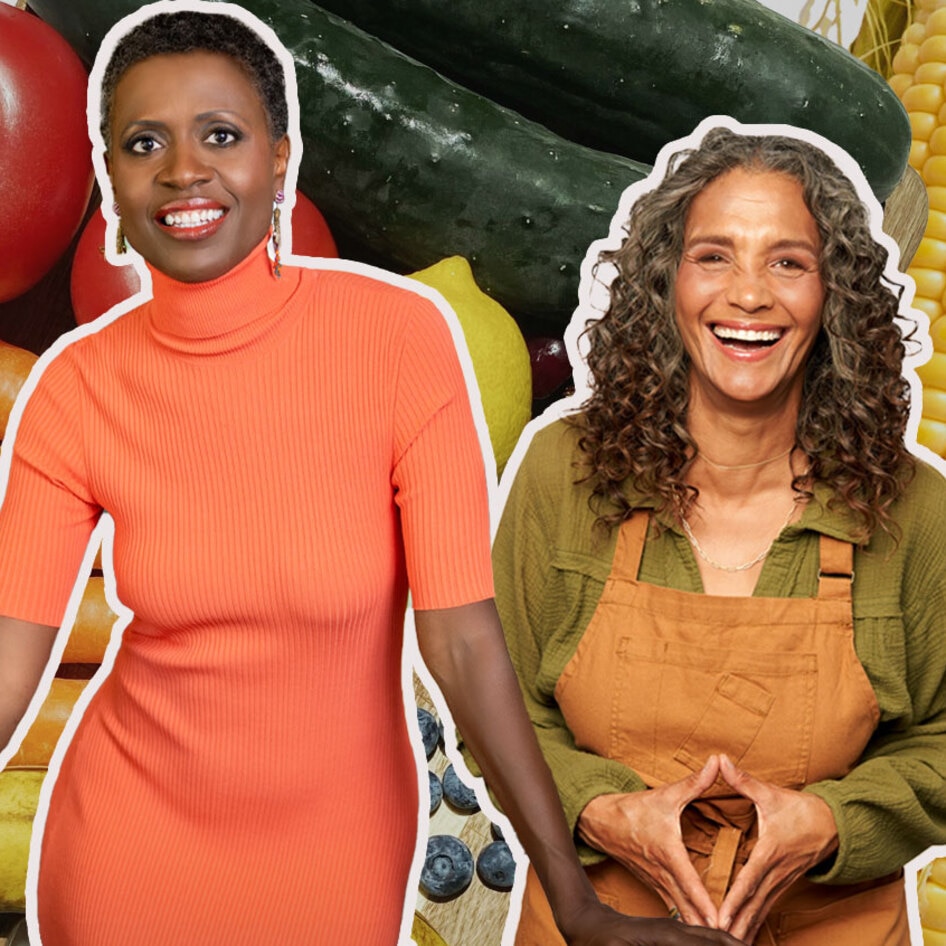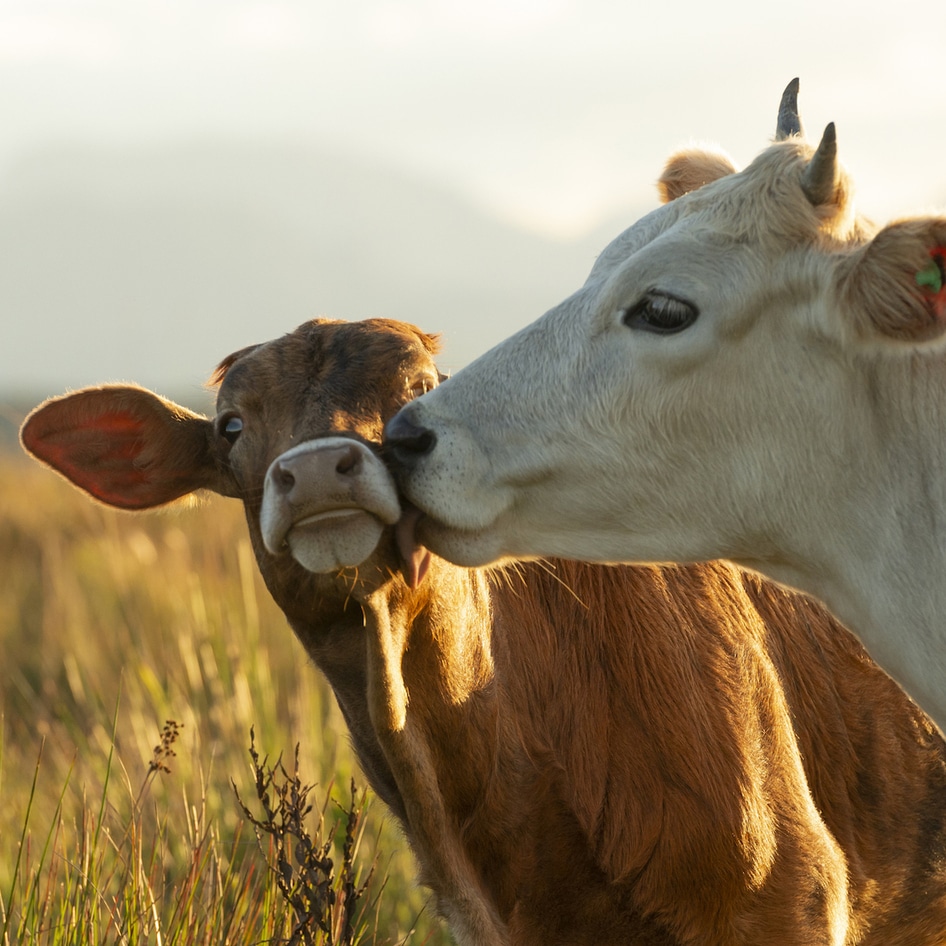Sanctuary Stories from Animal Camp
Author and activist Kathy Stevens shares the scoop on her new book.
August 29, 2010
It’s virtually impossible not to melt over any inspiring and adorable story about quirky rescued animals at farm sanctuaries. In fact, it’s these anecdotes and animal sanctuary visits that can often be the final factor in someone’s decision to go vegan. Kathy Stevens, founder of Catskill Animal Sanctuary (CAS) in New York’s Hudson Valley, shares her experiences in her previous book, Where the Blind Horse Sings: Love and Healing at an Animal Sanctuary. Her new book, Animal Camp: Lessons in Love and Hope from Rescued Farm Animals, includes similar heart-warming tales, though this time Stevens also rounds up a few very special animals and keeps them together on the grounds of her partner’s home near the sanctuary. She opted to give the group a home away from others in order to observe them thriving and interacting. Veg or not, if you have ever been curious about just who turkeys, pigs, and cows are when they’re in an environment where they truly thrive, you’ll be touched by the stories about Barbie the hen, Rambo the ram, Norma Jean the turkey, Noah the stallion, and Claude the pig. VegNews managed to briefly pull Stevens out of the barn to ask a few questions about Animal Camp, which will be released September 8, 2010.
VegNews: Your new book Animal Camp picks up in the same vein as Where the Blind Horse Sings, with emotional stories about animals at CAS. Is there anything you’ve learned about the animals at CAS since the previous book?
Kathy Stevens: Like Blind Horse, Animal Camp shares the journeys of several animals from deprivation and certain death to healing. The stories are remarkable not only for what the animals endured, but also for who the animals become when they heal. It’s the transformation of broken spirits that continues to be the greatest joy of this work, and sharing those stories is deeply and personally rewarding.
The book is different in that it includes very personal essays on the lives endured by agribusiness victims, and in the degree that it asks readers to stop eating animals. I hope readers will know that I ask them with love and encouragement—but I still ask them!
VN: What was the response like to your last book?
KS: The response to Blind Horse was really positive—it’s still in print and the great feedback continues! Plenty of the folks who read this book will be like so many people we all know—folks who call themselves animal lovers despite the fact that their lifestyle choices suggest they’ve never really considered animals other than dogs and cats. I hope the book will motivate them to take the next step in their own journeys of compassion.
VN: You were a high school teacher for some time before opening CAS. How did your teaching experience influence your work with CAS? Do you have any youth education programs?
KS: We sure do! We offer both on- and off-site programs for kids, and tailor the programs to the ages and backgrounds of the kids. So there’s tremendous variation in both content and length—from a single classroom visit from a CAS humane educator, to a multi-day experience on CAS grounds. We also just piloted Camp Kindness, a humane education program for kids six to 12, and have received amazing feedback. Parents are telling us they want an adult Camp Kindness, so we’re exploring that option for 2011.
VN: Tell me about the Compassionate Cuisine program. Are there any other new programs in the works?
KS: At CAS, our goal is to awaken the compassion in every visitor—to stir them to act. When they’re surrounded by disarmingly happy animals acting in ways one doesn’t expect farm animals to act, emotions get called up, and assumptions are questioned. Compassionate Cuisine then makes it easy for them to take the next step by showing them how to change their diets without sacrificing taste. Our inaugural season featured popular vegan cooking classes such as “Classic Comfort Food,” our own organic garden (the soil is 100-percent composted animal poop), a blog, and cooking demonstrations at conferences and food festivals. The chef and I are hunkering down next week to finalize upcoming program offerings, so folks should keep checking our website for updates.
JUMP TO ... Latest News | Recipes | Guides | Health | Shop

